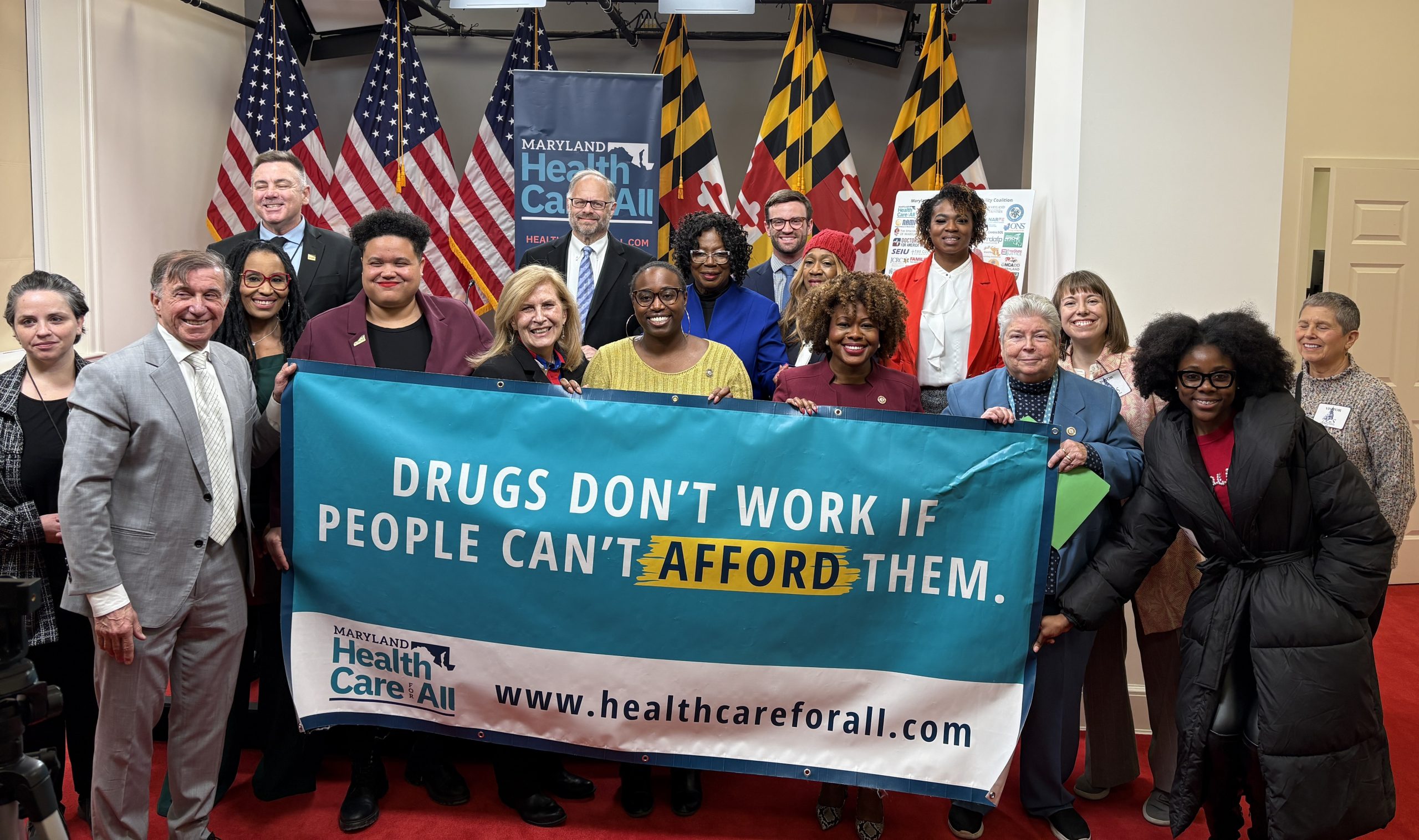Daily News-Inside Health Policy
January 25, 2018
Attorneys for the generic drug industry and Maryland jostled over the scope of the state’s first-in-the-nation generic drug price gouging law during oral arguments Wednesday (Jan. 24) in their ongoing legal battle over the law.
The arguments before the Federal Court of Appeals for the Fourth Circuit focused mostly on the Association for Accessible Medicines’ view that the law violates the dormant Commerce Clause because it regulates sales between generic companies and wholesalers that occur outside of Maryland. While the state struggled to convince the panel that the state law is limited to transactions that occur solely in Maryland, it also maintained that upstream impacts do not automatically violate the dormant Commerce Clause.
Maryland’s first-in-the-nation drug price gouging policy, which allows a state attorney general to sue essential generic and off-patent drug makers when the AG believes the drug price was subject to an “unconscionable increase,” became law last May, prompting a lawsuit by AAM, which alleges the law violates the Commerce Clause and is unconstitutionally vague. Federal District Court Judge Marvin Garbis handed down a ruling in September 2017 denying AAM’s request for an injunction to block implementation of the Maryland law and dismissed AAM’s constitutional challenge that the law violates the Commerce Clause.
Counsel for AAM beat back Wednesday loaded questions from Judge James Wynn, who asked, “Why can’t Maryland protect its citizens?” AAM argued that the state could pass a law regulating drug prices and cited price controls and mandatory rebates as two policies that would pass constitutional muster — albeit acknowledging the group may find those policies problematic from a policy perspective.
“[I]t could simply pass a law that says no drug may be sold in the state of Maryland that has an increase of more than 20 percent or 10 percent over the prior year’s price. It could simply pass that law and anybody who sells a drug in Maryland would have to obey that statute … Another thing it could do is what the Supreme Court in the Walsh v. PhRMAcases approved, which says any drug company that sells drugs in the state has to offer a rebate to the state so that everybody in the state buys the drug at the Medicaid price,” AAM Counsel Jay Lefkowitz, leading partner at Kirkland & Ellis, said.
Lefkowitz maintained that the existing law is constitutional in cases where it regulates sales by drug companies directly to Maryland businesses, but he noted that those are a small percentage of sales made by generic drug companies — given most sales are made to out of state wholesalers.
“I understand that if the New Jersey manufacturer does make a small number of sales to a hospital in Maryland that is subject to this statue whether we like it or not, but they are not making later sales. If they sell to a big company, Cardinal or McKesson in California, in Ohio or Indiana, that’s the sale that they want to penalize and that is simply beyond the boundaries of the Commerce Clause,” Lefkowitz said.
The circuit court panel pushed counsel for Maryland to identify where the statute limits the AG from taking action only after a sale has occurred in the state, which G. Steven Agee called “the lynchpin as to whether it reaches to out of state.”
Maryland pointed to two parts in the statute, neither of which appeared to wholly satisfy the panel. “We’re talking about a statute implies this, that or the other, isn’t that the definition of vagueness? We’re having to look at something that implies and it’s the very last section and it’s about a potential defense?” Judge Stephanie Thacker responded when presented with one of the two statutes highlighted by the state.
To make his point, Joshua Auerbach, special assistant & senior litigation counsel in Maryland’s Office of Attorney General, also pointed to language in the statute defining an essential or off-patent generic drug, which requires the drug is “made available for sale in the state.” But when the judges questioned the applicability of that provision, Auerbach maintained that it “could be better written.”
But Maryland insisted that neither the law’s intent nor the function of the statute is to affect the resale of drugs in other states. “To the extent that it has any kind of effect it’s because the manufacturers say they don’t have a distribution system today that lets them figure out where their drugs are going or control where their drugs are going. And the Supreme Court said in Exxon v. Maryland, the Ninth Circuit said in the foise gras case, the Second Circuit said in Sorrell that the happenstance of the current distribution system in an industry has no significance when it comes to dormant Commerce Clause analysis,” Auerbach said.
Auerbach also maintained that current jurisprudence dictates upstream impacts do not necessarily violate the dormant Commerce Clause. “[I]t’s technically accurate that the conduct that violates the statute could manifest itself in a wholesale transaction that occurs out of state … that was true to the very same extent in Star Scientific. The headline point here is that upstream impact is okay, that’s what this court said in Star Scientific, that’s what the Second Circuit said in Sorrell, in Freedom Holdings, we’ve cited cases from the First Circuit, the Sixth Circuit, the Ninth Circuit and the Tenth Circuit,” Auerbach said.
While the majority of the argument focused on the Commerce Clause issue, Agee did raise concerns over AAM’s allegation that the unconscionability standard set forth in the law is vague and departs from common law.
“On this case the legislature has supplanted the common law of unconstitutionality because it includes a definition for unconscionability in the statute, which has several terms in it that may be classified as elusive,” Agee said.
Last modified: January 29, 2018


